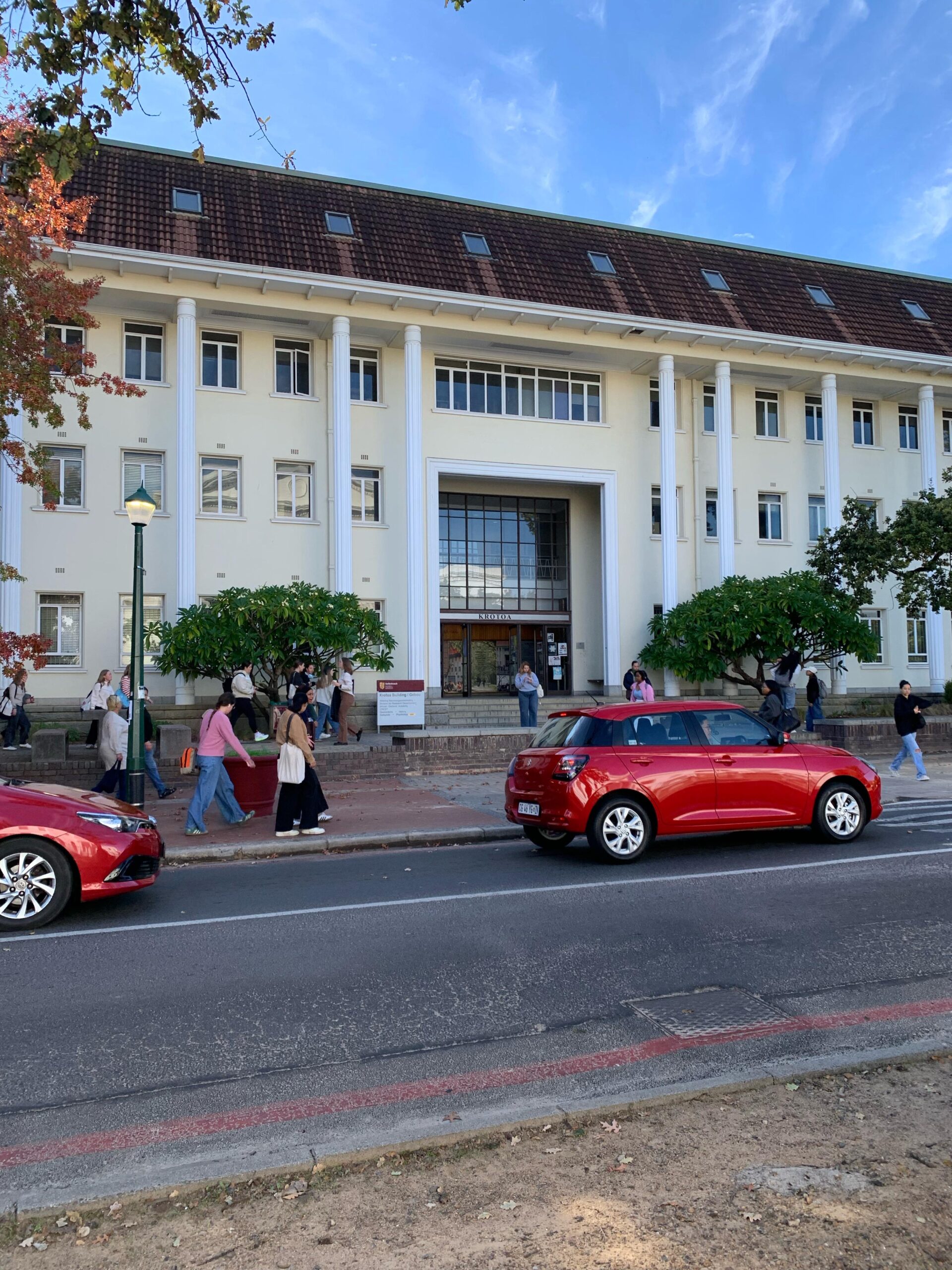BY FLAVIA DAVIDS
Stellenbosch University (SU) has been catapulted into the world of scientific breakthroughs with the unexpected discovery of a potential cause of long-lasting COVID-19 symptoms (or “long COVID” as it is colloquially known). The Haematology Research Group, which is headed and co-headed by Prof Resia Pretorius and Dr Chantelle Venter, has identified high levels of alpha 2-antiplasmin in the blood samples of patients suffering from long COVID as a probable cause of lingering symptoms experienced after having had COVID-19.
Venter, who has been at SU’s physiological department since 2019 and works as its technological assistant and laboratory manager, explained that “long COVID is when a patient has persistent COVID-19 symptoms for weeks or even months after recovering from COVID-19”. She explained that the lingering symptoms vary in severity and can even affect patients who were in good health before contracting the virus.
“These symptoms, in some cases, can be so severe that patients cannot function properly, and this includes hardly making it up a flight of stairs, even if the patient was healthy and fit before their COVID-19 infection,” said Venter.
The research group was established in 2017 after Pretorius’s arrival at SU’s physiological science department, and began focusing on COVID-19 and long COVID early last year after the outbreak of the pandemic. This research group is the first to have reported the finding of microscopic clots whilst utilising fluorescence microscopy and proteomics analysis.
Its research concluded that, due to high levels of the biomarker alpha 2-antiplasmin, which is often found in the blood of long COVID patients, the process whereby blood clots are broken down becomes more difficult. According to the website of the United States Health and Human Services’s National Cancer Institute, biomarkers are biological molecules found in blood, tissues, or other bodily fluids that indicate either normal or abnormal processes and can be used to indicate the presence of a condition or disease.
These high levels of biomarker alpha 2-antiplasmin ultimately disturb the balance between blood clotting and fibrinolysis, which prevents blood clots from becoming problematic, and cause lingering symptoms associated with long COVID. According to the World Health Organization’s (WHO) website, the most common symptoms of long COVID include cognitive dysfunction, shortness of breath, and fatigue.
Since the discovery in August, the group’s findings have been published in the article “Persistent clotting protein pathology in long COVID/Post-Acute Sequelae of COVID-19 (PASC) is accompanied by increased levels of antiplasmin” in the journal Cardiovascular Diabetology, as well as in SU’s award-winning Research at Stellenbosch University, which has many entries focused on COVID-19 research. Besides Prof Pretorius’s contribution to the published article, the paper was co-authored by Dr Mare Vlok, Johannes Bezuidenhout, Gert Jacobus Laubscher, Janami Steenkamp and Douglas Kell. The research group is hopeful that the discovery will have a positive impact on the medical community’s understanding of how long COVID can be better treated.
“We can now target this biomarker, alpha 2-antiplasmin¸ to make sure the levels are reduced so that the fibrinogen in the body can break down and reduce the amount of micro clots that are formed in the blood. This will then help with the recovery of the patients,” said Dr Venter.
The discovery has sparked further research into a variety of therapies that can facilitate better clotting and fibrinolytic system function in patients experiencing lingering symptoms of COVID-19.



